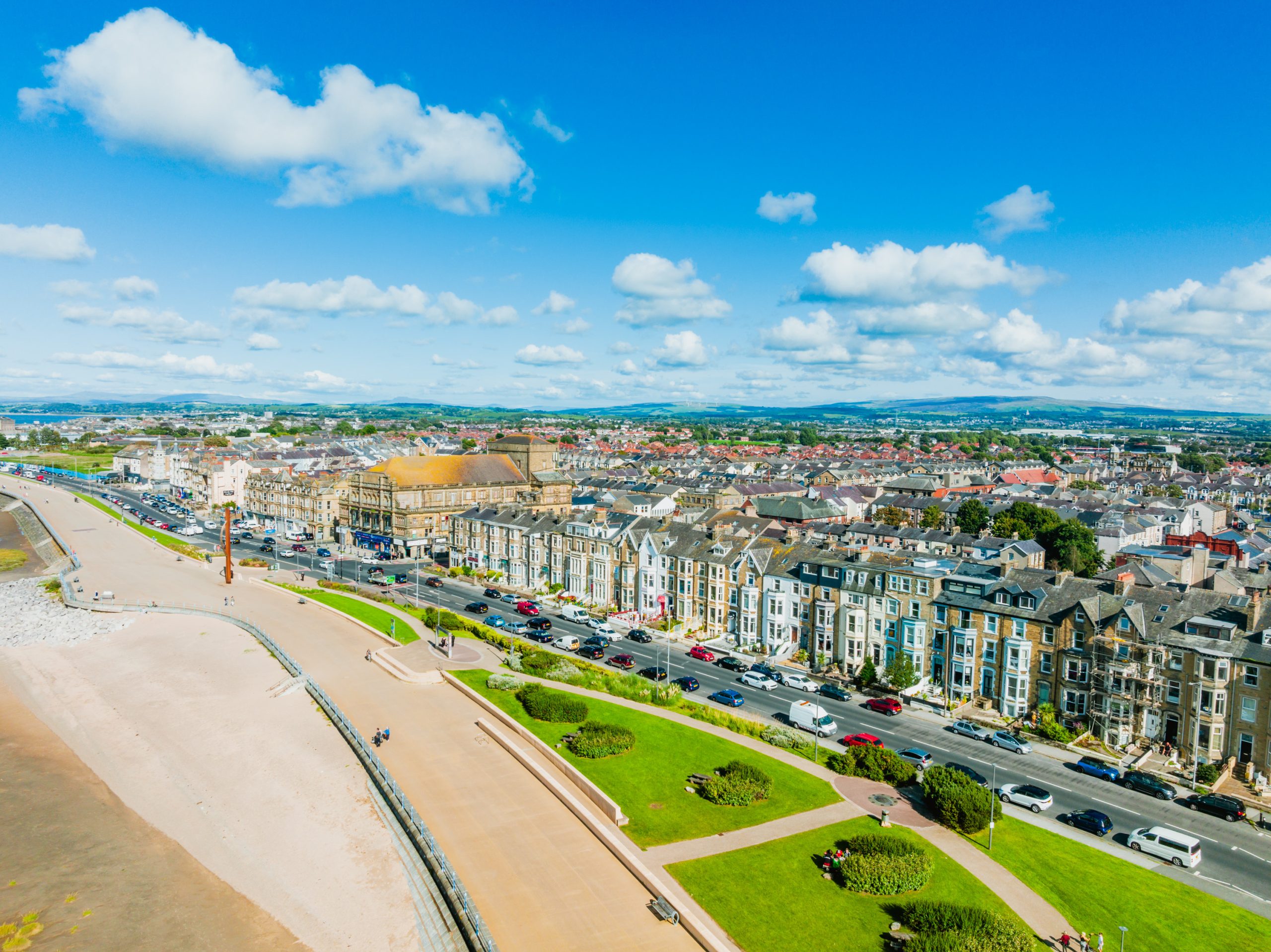What a Poverty Truth Parliament Could Mean for Our Democracy

- by Allison, Morecambe Poverty Truth Commission
- 6 December 2024
- 3 minute read
Since April 2023, Carnegie UK has been working in partnership with members of the Poverty Truth Community across the UK and undertaking a series of deep listening exercises. The purpose of this work is to learn more about the reality and consequences of inequality in the UK, and together, to create a shared vision of what a society that puts collective wellbeing at the heart of decision-making could and should look like.
Carnegie UK’s Life in the UK evidence tells us that democratic wellbeing is significantly low. In 2024, people from some of the Poverty Truth Commissions around the UK came together to discuss these findings, and what they mean for those living in hardship. Residential sessions in Manchester, Coatbridge and Swansea explored what a good democracy could look like, and what might change if decision makers took the time to really listen to the experiences of those living in poverty.
In this blog, Allison – from the Morecambe Poverty Truth Commission and Manchester residential– reflects on her experiences.
Hi, I’m Allison. In 2022, after my marriage ended, I faced economic hardship in ways I never expected. This experience led me to the Poverty Truth Network, where I began to see how deeply poverty affects people—not just financially, but socially and emotionally. For me, collective wellbeing isn’t just about having enough to get by; it’s about everyone having a fair shot at a decent life, and the support to make meaningful changes in our society and environment. Yet, despite existing institutions in the UK that are supposed to support this, too many people still slip through the cracks.
At a recent workshop in Manchester, we explored what democratic wellbeing means.
One thing that stood out was how disconnected people feel from politics. Voter turnout is low, trust in the government is shaky, and many feel they have no real say in decisions. These issues show that something needs to change.
We reflected on our experiences with democracy—both positive and negative. Words like “representative,” “accountable,” and “collaborative” came up in discussions of positive experiences, creating a sense of hope. But when we talked about the negative aspects, words like “exploitative,” “elitist,” and “exclusive” dominated. Many of us have felt let down by systems that are supposed to support us.
We talked about how a Poverty Truth Parliament—made up of people who have lived through poverty—could change things. Imagine the impact if those who have actually experienced poverty were at the table when decisions are made. We’d have policies that truly consider the human impact, especially for those living in economic deprivation.
Online groups and forums may seem like a good way to get involved, but many people face barriers—lack of confidence, time, digital access, or frustration with the system. A Poverty Truth Parliament could overcome some of these obstacles. It would give those who have the wisdom of experience but are usually excluded a chance to guide discussions. Representatives from vulnerable and underrepresented groups could weigh in before laws are passed, ensuring their insights are central.
We also discussed the idea of making participation in a Poverty Truth Parliament mandatory, like jury duty. This could include nonviolent offenders or prisoners, who often have valuable perspectives on poverty and crime. While some might find this idea uncomfortable, including diverse voices could lead to more compassionate and effective policies.
I left the workshop feeling optimistic. A Poverty Truth Parliament could be a powerful way to improve democratic wellbeing, giving a voice to those who are too often ignored. If our government embraced this idea, it could lead to a stronger, more inclusive society. Sure, policies like universal basic income and free school meals come with a cost, but ignoring these issues could deepen social divides and perpetuate poverty.
In the end, a Poverty Truth Parliament is about creating a democracy that works for everyone, especially those who’ve been marginalised. It’s about ensuring that future generations don’t face the same struggles we do today. And for me, that’s a vision of democracy worth fighting for.
Help us make the case for wellbeing policy
Keep in touch with Carnegie UK’s research and activities. Learn more about ways to get involved with our work.
"*" indicates required fields